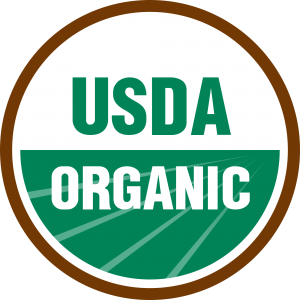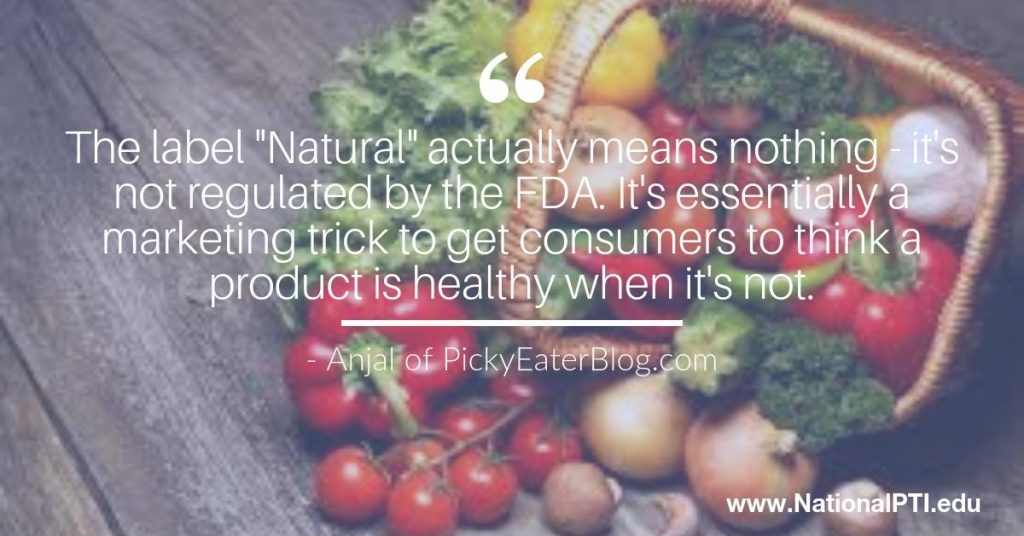Once only found in specialty health food stores, organic foods are now sold regularly at most major supermarkets. While organic foods have become a popular trend, navigating and understanding organic food labels, claims and benefits can be confusing. On one hand, you have a conventionally grown orange. While on the other you have an organically grown orange. Both oranges are firm, round and a vibrant orange color. They both provide vitamins and are free of fat, cholesterol and sodium. Which one should you choose? Are foods labeled organic the healthier option? What exactly do these labels mean? We did some research to uncover the truth behind organic foods.
What is Organic Food?
While the standards for organic food vary worldwide, in the US organic food products are produced without the use of certain pesticides and fertilizing during farming. Organic foods also are not processed using irradiation, industrial solvents or additives. The US Department of Agriculture (USDA) oversees the regulation of organic food. We reached out to Anjali, Board Certified Health Coach and creator of the PickerEaterBlog.com to help us better answer this question.
”The key here is to keep an eye out for this USDA Organic certification seal. Any product with this seal is guaranteed to meet the following guidelines:

- For crops, no irradiation, sewage sludge, synthetic fertilizers, prohibited pesticides, and genetically modified organisms were used.
- For livestock, the seal certifies that the producers met animal health and welfare standards (positive soil building, conservation, manure management and crop rotation practices), did not use antibiotics or growth hormones, used 100% organic feed, and provided outdoor access and pasture for the animals.
- For packaged products with the seal, it means that 95 to 100 percent of its ingredients are organic.
- Notes: Products with 70 to 95 percent organic ingredients can still advertise “organic” ingredients on the front of the package, and products with less than 70 percent organic ingredients can identify them on the side panel.”
Do “Organic” and “Natural” Labels Mean the Same Thing?
While often used interchangeably, the terms “natural” and “organic” are not the same thing. “ The label “Natural” actually means nothing – it’s not regulated by the FDA, and the USDA has a very loose definition of what they consider “natural.” It’s essentially a marketing trick to get consumers to think a product is healthy when it’s not. A soda can be labeled “natural” even if it contains artificial colors and flavors.” said Anjali.

Is Organic Food More Nutritious than Conventional Food?
This is a question that researchers have been trying to answer. At this time, there is no definitive answer. Conducting a proper study that controls the many variables that might affect the nutrient production, such as seeds, soil, climate, and crop variety. However, some recently published studies have shown that organic food may have higher nutritional value, when compared to it’s conventional food counterpart. It’s important to remember that just because something is labeled as organic, doesn’t mean that it is healthy. Junk food can just as easily be made using organic ingredients.


